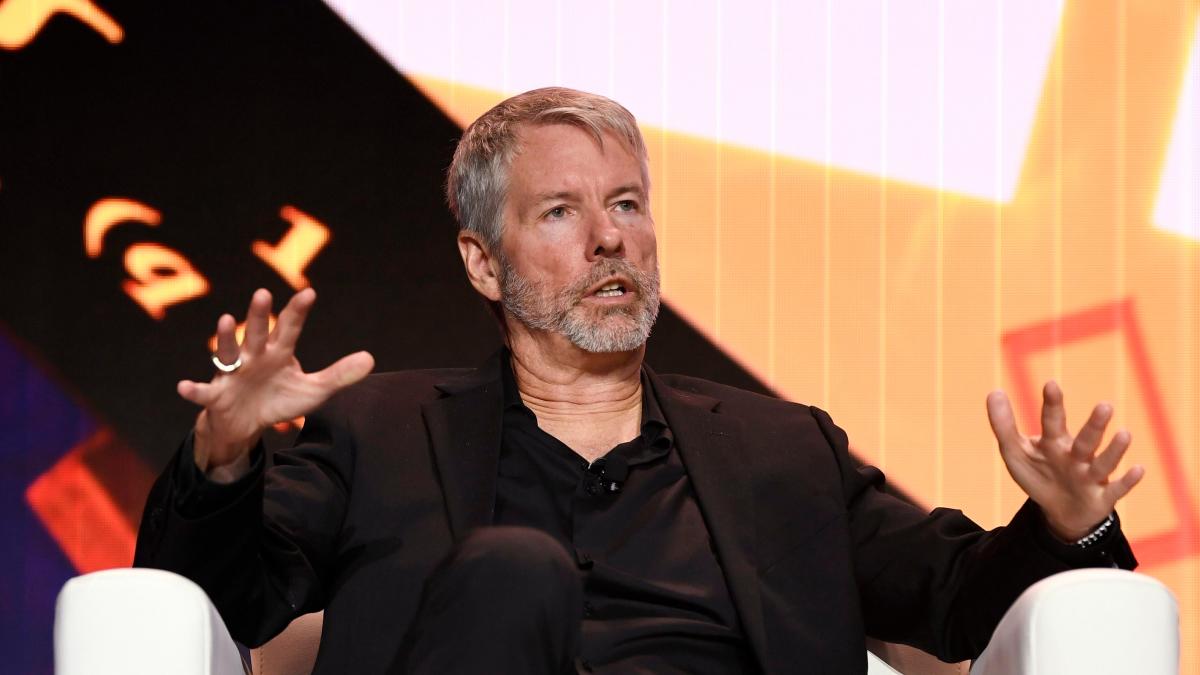Stay informed with free updates
Simply sign up to the Japanese business & finance myFT Digest — delivered directly to your inbox.
The jumbo scallops from the northern Japanese fishing town of Betsukai, on the island of Hokkaido, have a reputation for being among the most delicious on the planet, a cherished ingredient on a classic sushi plate.
But for the past month, the Japanese government has exhorted the public to consume at least five of the delicacies daily to help draw down stocks that have piled up after Beijing banned imports of the bivalves in August.
Last week, the US military bases in Japan bought up hundreds of tonnes of scallops, crustacean casualties in what Washington’s ambassador to Tokyo Rahm Emanuel called the “economic wars” with China.
“It’s probably the biggest industry shock we’ve had in a decade,” Takeshi Ise, president of Marui Sato Kaisan, a scallop processing company in Betsukai, said of the embargo, which China introduced after Japan began releasing filtered water from the Fukushima nuclear disaster.
But even as businesses reel from the aftermath, investors said Beijing’s ban could deliver an unexpected boost for the industry, offering an opportunity to accelerate consolidation and redirect supply chains to sell directly into markets such as the US.
Scallops are Japan’s most exported food product, worth about ¥91bn last year, up 42 per cent on the year before. China is the biggest buyer, but industry executives said only about 10 to 15 per cent was consumed domestically, while the rest was processed and exported to the US and south-east Asia.
Exports of Hokkaido-based seafood products directly to the US jumped to ¥1.6bn ($10.6mn) in September from ¥1mn the year before, as sales to China, much of which was previously for processing and re-export, fell to zero, according to customs figures.
“Japanese scallops are said to be one of the world’s finest so . . . we will definitely be able to sell them,” said Motohisa Yoshimura, chief executive of Yoshimura Food, which controls about 10 per cent of the country’s scallop market and whose share price has doubled over the past year as it snapped up smaller rivals.
“The challenge for us from next year is whether the fishermen, processing companies and trading houses can agree on an appropriate price so that Japan, the US and countries outside China can buy the scallops,” said Ise.
The molluscs became a geopolitical target in July, one month before the Japanese authorities began the gradual release of 1.3mn tonnes of treated but still mildly radioactive water from the Fukushima Daiichi nuclear meltdown in 2011.
The International Atomic Energy Agency approved Tokyo’s plan, but China responded by imposing a flat ban on imports of Japanese seafood, sending prices tumbling and causing inventories to pile up as fisheries received low offers for unsold stock.
The embargo, which included Hong Kong, also hit the crucial processing industry in China.
Lost amid the trade furore, however, is how bad business was before the ban, investors said.
Despite the global appetite for scallops, the industry was suffering many of the wider macroeconomic and demographic issues plaguing Japanese business.
Fisheries and processing companies are suffering from a chronic staff shortage, current workers are ageing and many groups have no successor in place for elderly founders. Coupled with rising costs and lack of funds to invest in modernising outdated equipment, scores of small companies were already close to collapse.
But as with other corners of corporate Japan, rivalry and hostility have prevented consolidation among scallop companies, impeding one solution to the industry’s ills.
One company has begun to change that. Yoshimura Food has over the past eight years acquired a portfolio of more than 30 regional food companies, and most recently two major scallop processing groups.
It has also managed to build a reputation as a gentle corporate consolidator and a friendly home for companies with succession struggles, by retaining the targets’ staff.
In doing so, it has raised hopes for the emergence of a Japanese scallop champion with a far greater global market share and purchasing power.
“For us to hold the same bargaining power as the large processing companies in China, we need to have a bigger scale,” Yoshimura said. “We want to create a market where we can negotiate for appropriate prices.”







